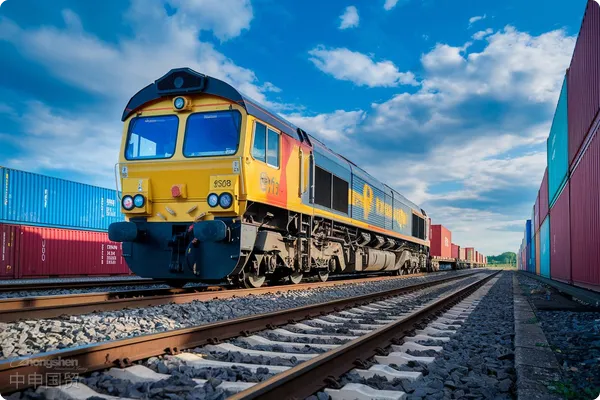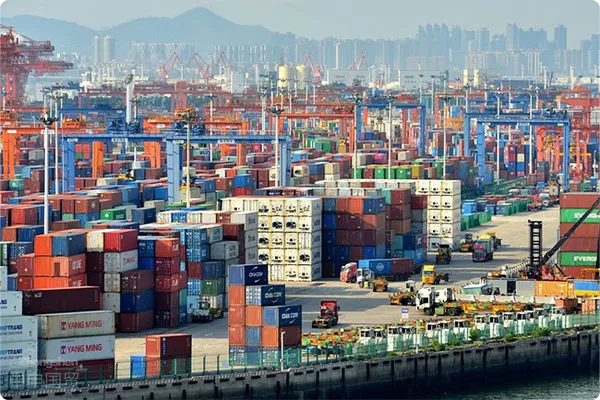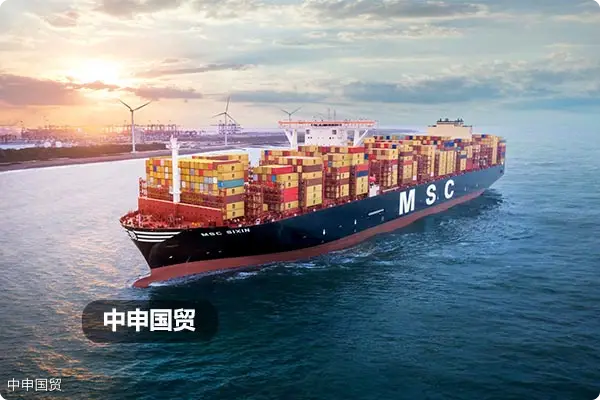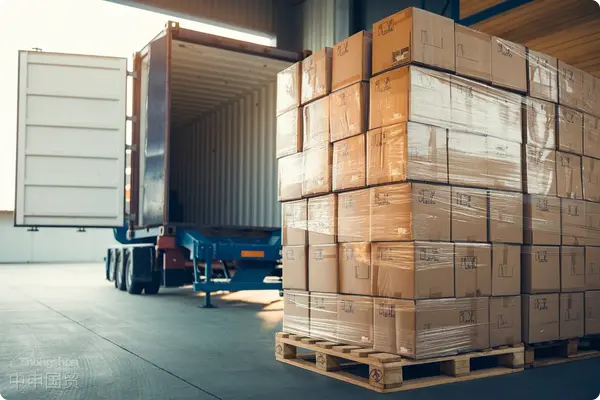- Shanghai Zhongshen International Trade Co., Ltd. - Two decades of trade agency expertise.
- Service Hotline: 139 1787 2118
In international trade, the fixed - rate fees in the bonded area involved in imported LCL goods often puzzle importers. What exactly does the fixed - rate fee include? How to ensure that there will be no surprise due to hidden costs? This article will answer these questions one by one, so that smart decisions can be made when importing goods, and unnecessary economic losses can be effectively avoided. The following are detailed answers and suggestions regarding fixed - rate fees and other related fees.
I. The Meaning of Fixed - rate Fees
Fixed fee usually refers to the fee charged by the warehouse at a fixed rate based on the weight, volume or other standards of the goods. This fee may include the following situations:
Warehousing Fee:The warehousing fee charged by the bonded area warehouse according to weight, volume or number of pieces. This is to cover the costs incurred during the storage of the goods in the warehouse.
Handling Fee:The handling, loading and unloading, sorting and other operation fees of the goods in the warehouse. These operations may include unloading from the container, moving in the warehouse, repackaging, etc.
Management Fee:The fee for the warehouse to manage and maintain the goods, including security monitoring, services of warehouse management personnel, etc.
Fixed Service Fee:Some warehouses will combine the above fees into a fixed service fee and charge it according to the weight or volume of the goods.
II. Whether Fixed - rate Fees are Charged for All Goods Entering the Bonded Area
Whether all goods entering the bonded area are charged according to the weight quota depends on the warehouses charging standards and specific service agreements. The charging standards of each warehouse and freight forwarder may vary. Generally, the following factors will affect the charging:
Warehouse Charging Policy:Different warehouses may have different charging standards. Some warehouses may charge by weight, some by volume, and some may charge by piece.
Service Content:If the goods need special handling, such as refrigeration, storage of dangerous goods, handling of heavy machinery, etc., additional fees may be incurred.
Goods Type and Characteristics:Certain goods may require special storage conditions or handling methods, which will also affect the charging.

III. Confirm Fees in Advance
In order to avoid unexpected expenses, when making LCL imports, it is recommended to confirm the following with the freight forwarder in advance:
Charging Standards:Request the freight forwarder to provide detailed charging standards, including the specific calculation methods of fixed fees, warehousing fees, handling fees, management fees and other fees.
Expense List:Obtain the estimated expense list to compare with the actual expenses and confirm whether there are unreasonable charges.
Service Content:Understand the service content provided by the warehouse to ensure that all fees have corresponding service items.
Communication and Negotiation:If the fees are found to be unreasonable, communicate with the freight forwarder and try to negotiate and adjust the fees.
IV. Common Expense Items
In the bonded area warehouse, in addition to the fixed fee, the following fees may also be involved:
Customs Declaration Fee:The fee generated by the freight forwarder acting as an agent for customs declaration.
Inspection and Quarantine Fee:The fee generated when the goods need to go through inspection and quarantine.
Insurance Fee:The fee generated by insuring the goods during transportation and storage.
Overdue Warehousing Fee:The additional warehousing fee generated when the storage time of the goods in the warehouse exceeds the agreed time limit.
Port Incidental Fees:The fees generated during the transportation of goods from the port to the bonded area, such as port miscellaneous fees,Trailerfees, etc.
The fixed fee is a comprehensive fee charged by the bonded area warehouse according to standards such as the weight or volume of the goods. The specific charging standards and calculation methods vary depending on the warehouse and service agreements. Mastering the knowledge and countermeasures related to the fixed fee in the bonded area provided in this article will enable you to handle the expense issues of imported goods more confidently. Through reasonable communication and negotiation, the import cost can be effectively controlled and unnecessary economic losses can be avoided.
Related Recommendations
Contact Form
? 2025. All Rights Reserved. 滬ICP備2023007705號(hào)-2  PSB Record: Shanghai No.31011502009912
PSB Record: Shanghai No.31011502009912










